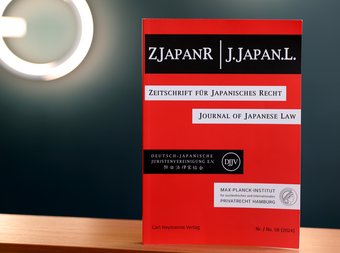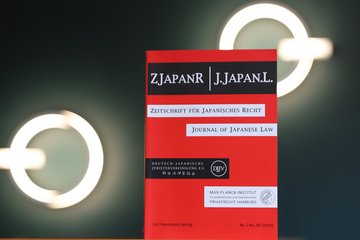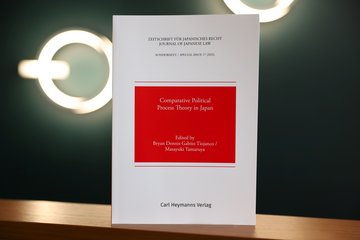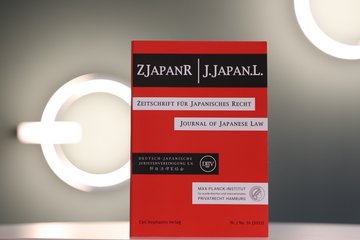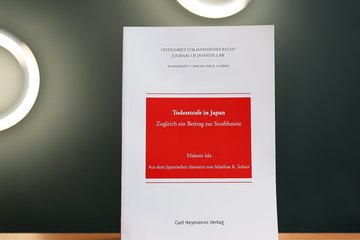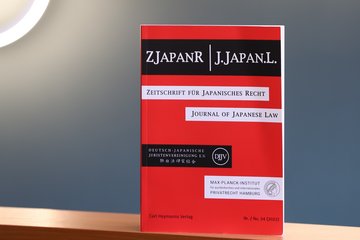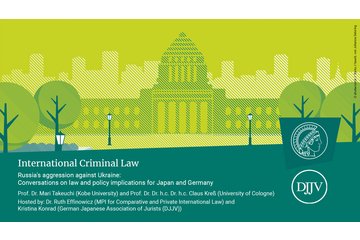Journal of Japanese Law: Latest issue covers multiple developments
The latest issue of the Journal of Japanese Law/Zeitschrift für Japanisches Recht (J.Japan.L./ZJapanR) cuts across a broad range of current developments, with articles and lecture papers on Japanese civil and criminal law as well as the regulation of AI and the metaverse. It also contains notes about recent Japanese court decisions on intellectual property and criminal law as well as two event summaries.
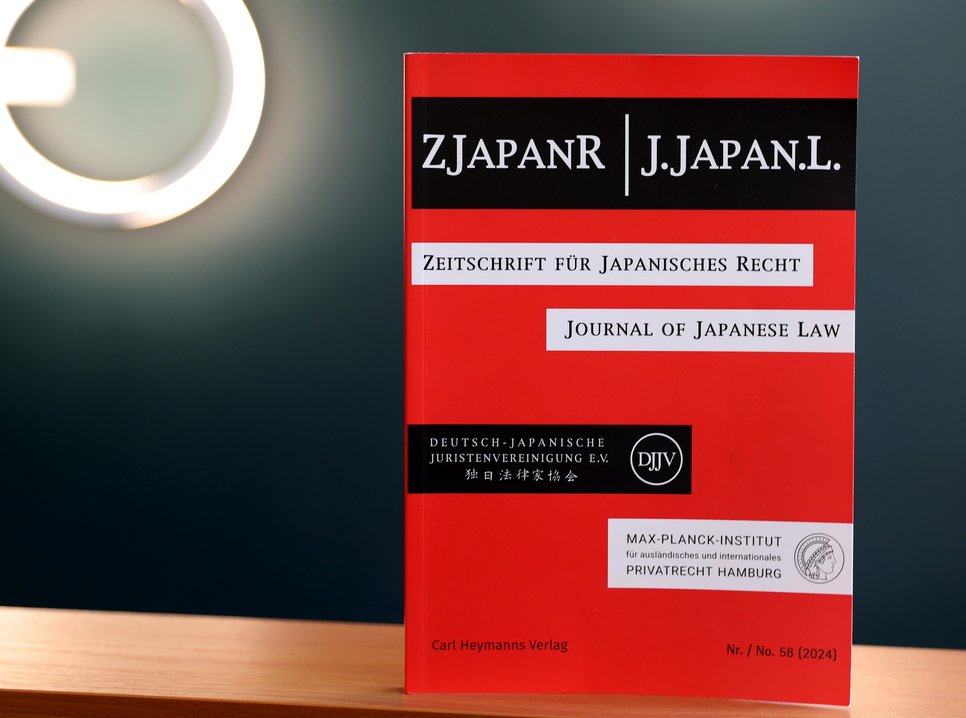
An article by Hisashi Harata addresses the notion of good faith and fair dealing in connexion with the 2004 failed merger between UFJ Financial Group and Sumitomo Trust Bank, the ensuing legal controversies, and the social and political environment in which it all went down. His examination of the social setting, in which deals come together based on an expectation of good faith and fair dealing but execution is ultimately hampered, provides grist for further studies in comparative contract law.
Decades ago, Japan’s relative paucity of civil litigation set off a debate about “legal consciousness” in Japan. Based on expert interviews, Julien Schickling examines the key factors affecting people’s reliance upon ADR mechanisms to resolve disputes arising from car accidents. While these factors have been stable, there has been an uptick in litigation involving traffic accidents in recent years. One new factor that Schickling observes in conjunction with this increase is the availability of legal expenses insurance.
Kiminasa Hata covers new developments in Japanese civil procedure, closely examining the latest round of reforms, which among other things have reinforced the use of information technology. Another update involves the civil execution of judgments: More onerous sanctions are now available against recalcitrant debtors at the property disclosure stage. In addition, amicable settlements obtained through private mediation are now more readily enforceable.
Souichirou Kozuka describes Japan’s initiatives and global leadership role in the values-based regulation of AI and the metaverse. He focuses especially on Japan’s regulatory approach, which involves soft-law instruments as opposed to the hard-law instruments that Europe is betting on.
Yumiko Kuwamura addresses several employment law reforms that have diversified the traditional forms of employment and improved the legal standing of both permanent as well as non-permanent employees. The author examines these developments in detail and concludes with a prospective assessment of the future of hiring and employment as well as the associated challenges in Japanese employment law.
The latest issue also contains articles on criminal unauthorized access to computer systems (Yoshiaki Nishigai) and the limits of the right of self-defence (Yosuke Sakashita). It also includes reports about two recent events: Makoto Ida’s lecture at Bucerius Law School on the death penalty in Japan; and the Deutsch-Japanische Juristenvereinigung (DJJV) e.V.—Waseda University joint symposium on the responses to global trade in German and Japanese tax law. The DJJV is co-publisher of the Journal of Japanese Law.
Image: © Max Planck Institute for Comparative and International Private Law
